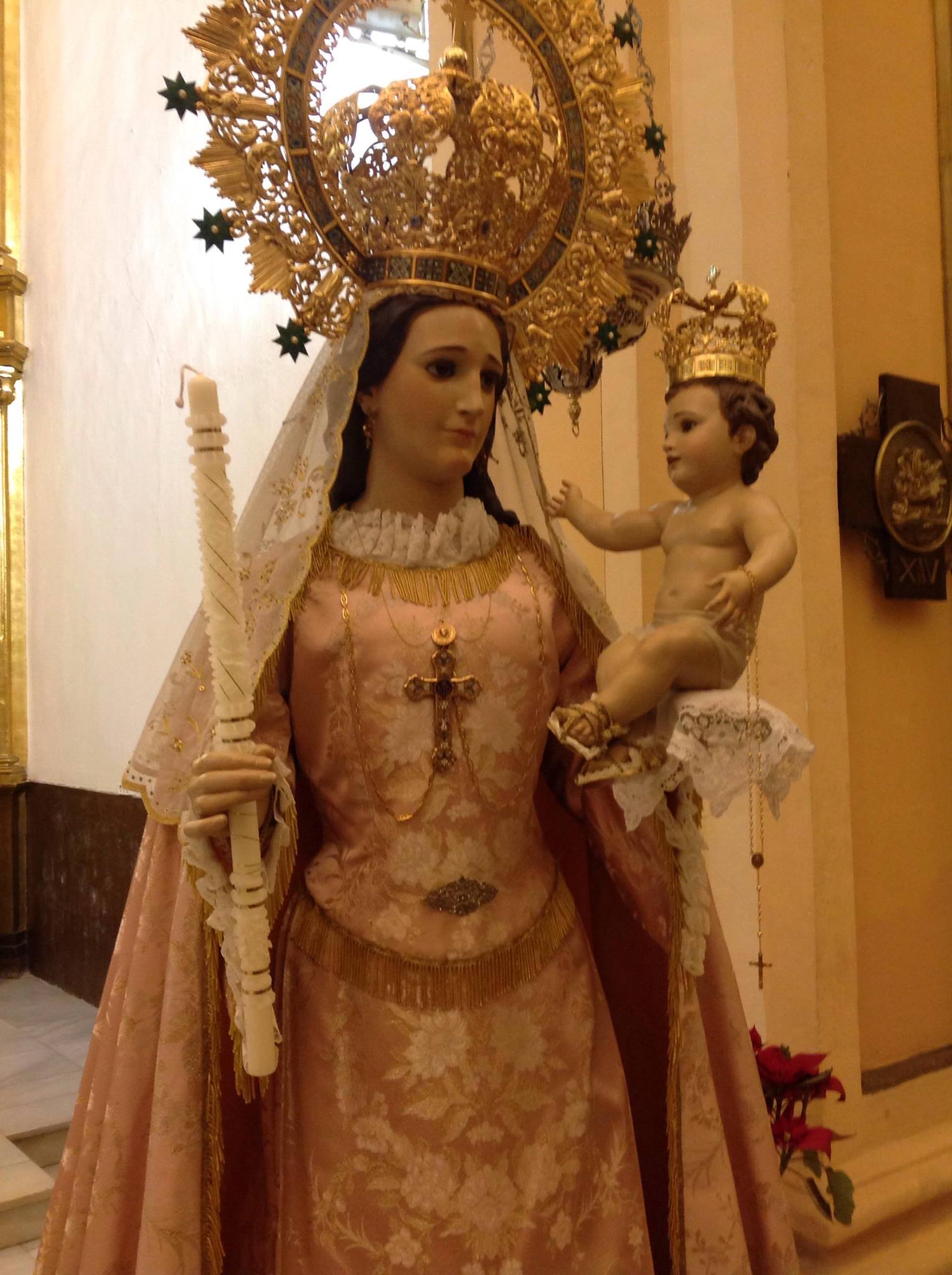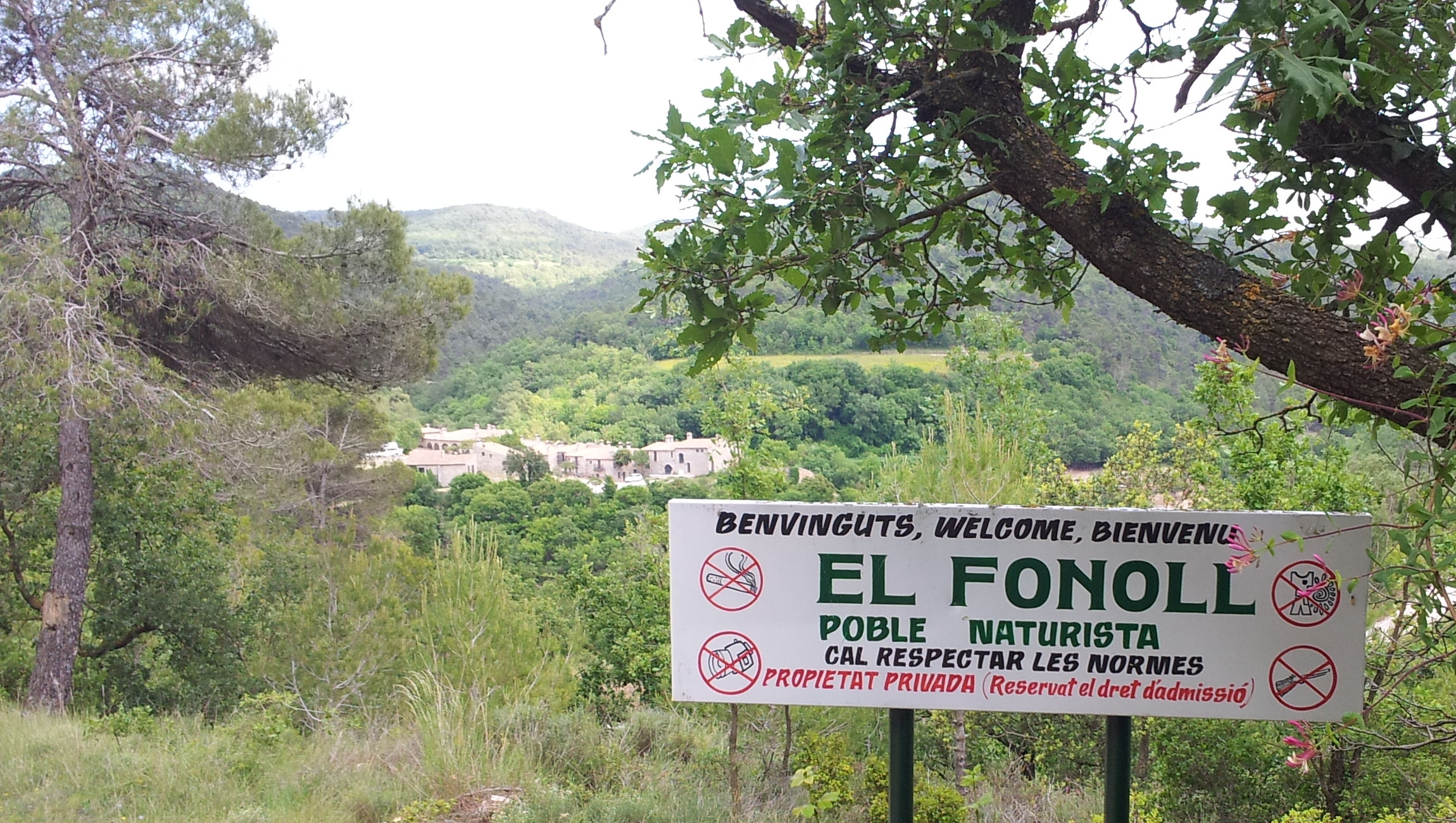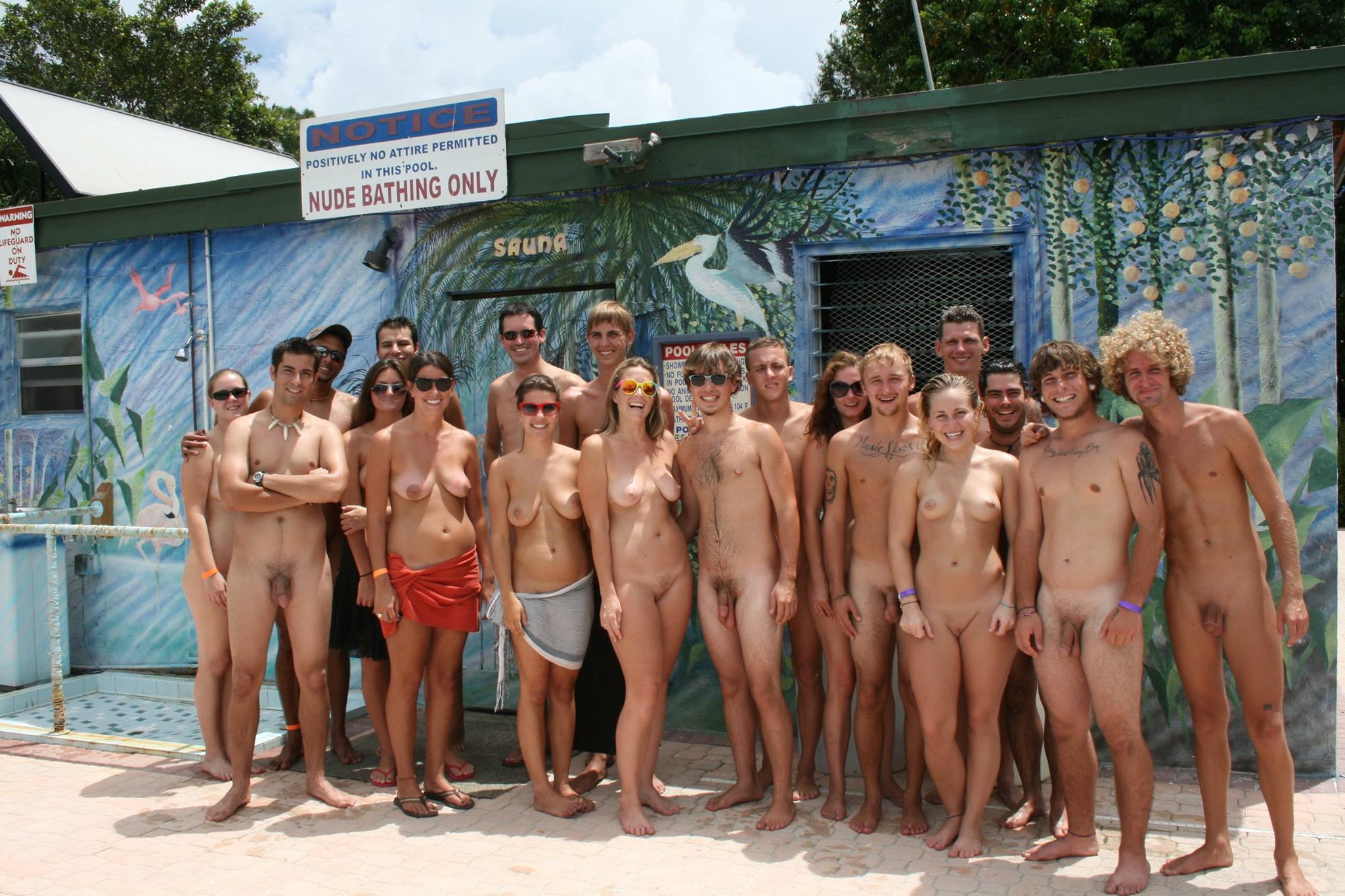|
Conill (Tàrrega)
Conill (, sometimes spelled Cunill) is a small abandoned village near the town of Tàrrega in Catalonia, Spain. Geography The village is located about 7 km north of Tàrrega town, the nearest settlements being the villages of Claravalls, Altet and La Figuerosa, accessible via dirt tracks. It was within the municipality of La Figuerosa until the latter was absorbed into Tàrrega municipality in 1969. It is located in the ''Plans de Sió'', a sub-region of the , a relatively flat mainly grain-farming region at about 350 metres elevation. A short distance (500 m) to the north lies a small endorheic basin known as ''Salades de Conill'' ("Conill saltlands"), which due to its damp and salty soil supports halophyte vegetation such as various species in the amaranth, Juncaceae, rush, and tamarisk families. History Conill was inhabited since ancient times. The village's church was mentioned in a document from 1151. The former church of Mare de Déu del Roser (Our Lady of the Rosary ... [...More Info...] [...Related Items...] OR: [Wikipedia] [Google] [Baidu] |
Conill Panorama
Conill is a Catalan-language surname, meaning ''rabbit'', and may refer to: *Enrique Conill (1899–1970), a Cuban sailor *Joseph Sadoc Alemany y Conill (1814–1888), a Spanish Catholic clergyman See also * Conill (Tàrrega), abandoned village in Tàrrega municipality, Catalonia * Conill, village in Pujalt municipality, Catalonia * Conejo, a Spanish-language variant * Coelho, a Portuguese-language variant * Coello (other) Coello is a Galician surname, meaning ''rabbit''; it may refer to: People * Alejandro Domínguez Coello (c. 1950–2005), chief of police of Nuevo Laredo, México * Alonso Sánchez Coello (1531–1588), Spanish painter * Antonio Coello (1611–1 ..., a Galician-language variant {{Hare-surname Catalan-language surnames ... [...More Info...] [...Related Items...] OR: [Wikipedia] [Google] [Baidu] |
Our Lady Of The Rosary
Our Lady of the Rosary, also known as Our Lady of the Holy Rosary, is a Marian title. The Feast of Our Lady of the Rosary, formerly known as Feast of Our Lady of Victory and Feast of the Holy Rosary is celebrated on 7 October in the General Roman Calendar. 7 October is the anniversary of the decisive victory of the combined fleet of the Holy League of 1571 over the Ottoman navy at the Battle of Lepanto. Our Lady of the Rosary According to Dominican tradition, in 1206, Dominic de Guzmán was in Prouille, France, attempting to convert the Albigensians back to the Catholic faith. The young priest had little success until one day he received a vision of the Blessed Virgin, who gave him the rosary as a tool against heretics. While Mary's giving the rosary to Dominic is generally acknowledged as a legend, the development of this prayer form owes much to the followers of Saint Dominic, including the 15th-century priest and teacher, Alanus de Rupe. [...More Info...] [...Related Items...] OR: [Wikipedia] [Google] [Baidu] |
TV3 (Catalonia)
TV3 () is the primary television channel of Catalonia, Catalan public broadcasting, public broadcaster Televisió de Catalunya, a subsidiary of the Corporació Catalana de Mitjans Audiovisuals, CCMA. TV3 broadcasts programmes only in Catalan language, Catalan, with an optional dual track in the original language for some foreign-language series and movies, although Spanish is not dubbed or subtitled (for example during news broadcasts). TV3 is also a founding member of FORTA, the Federation of Autonomous community, Autonomic Radio and Television Organizations of Spain. It is funded by the regional autonomous government, the Generalitat de Catalunya, through the CCMA. History TV3 started its trial broadcasts on 10 September 1983 (a day before the National Day of Catalonia), but its regular broadcasts started a few months later, on 16 January 1984. TV3 was the first television channel to broadcast only in Catalan. In 1985, TV3 expanded its coverage to Andorra, Northern Catalonia, t ... [...More Info...] [...Related Items...] OR: [Wikipedia] [Google] [Baidu] |
Avui
''Avui'' (, meaning "Today" in English) was a Catalan daily newspaper, based in Barcelona, in Catalonia. It was one of the city's newest papers, having been founded in 1976. The editorial line was Catalan nationalist. History and profile ''Avui'' was first published on 23 April 1976, (Saint George's day, a symbolic holiday in Catalonia). The founding company was Premsa Catalana. The paper initially relied on the subscriptions of thousands of Catalans for financial support. It soon went into financial problems and changed ownership. A partnership of two publishers along with the Catalan national government itself took over in order to avoid imminent bankruptcy. The Grupo Godó owned 40% of the paper, which had its headquarters in Barcelona. The Catalan government subsidises with important amounts those Catalan newspapers with at least one Catalan language edition. In 2008 ''Avui'' was only second to ''El Punt'' in terms of circulation/funds granted, having received almost 1.5 mi ... [...More Info...] [...Related Items...] OR: [Wikipedia] [Google] [Baidu] |
El Punt
''El Punt'' (, meaning in English "The Point") was a Catalan daily newspaper based in Girona, Catalonia (Spain). The newspaper was renamed in 1990 from the original ''Punt Diari'' ('Daily Point'). It was published between 24 February 1979 and 31 July 2011. History and profile The newspaper was founded on 24 February 1979. In the beginning the paper was only circulated in the province of Girona, but from 11 September 2004 it became available in the province of Barcelona. By 2008 it had seven editions: Barcelona, Girona, Barcelonès nord, Maresme, Camp de Tarragona-Terres de l'Ebre, Penedès, and Vallès Occidental. On 31 July 2011, the newspaper merged with the newspaper ''Avui'', creating the new newspaper ''El Punt Avui''. ''El Punt'', however, kept an own edition for the Girona area, where the original ''El Punt'' newspaper was born. The Catalan government subsidises with important amounts those Catalan newspapers with at least one Catalan language edition. In 2008, ''El Pu ... [...More Info...] [...Related Items...] OR: [Wikipedia] [Google] [Baidu] |
El Fonoll
El Fonoll ("the fennel" in Catalan) is a naturist village in Catalonia, Spain, situated in the inland comarca of Conca de Barberà. The village is ancient, and had fallen into ruins before being restored and turned into a naturist resort around the year 2000. History El Fonoll has been mentioned in writings going back as far as 1305. The village originally contained a castle, of which no trace remains, and a small church dedicated to St. Blaise, built between the 10th and 12th centuries, which contains some unique architectural features and has remained in good condition. The village fell into disuse, and its buildings into ruins, during the 20th century, and the entire area, including over 150 hectares of surrounding land, was eventually bought by Barcelona businessman Emili Vives in 1995, with the intention of restoring it and turning it into a naturist centre. During the construction, Vives met with much obstruction from local and regional officials, but persisted with the ... [...More Info...] [...Related Items...] OR: [Wikipedia] [Google] [Baidu] |
Naturist Village
A naturist resort or nudist resort is an establishment that provides accommodation (or at least camping space) and other amenities for guests in a context where they are invited to practise naturism – that is, a lifestyle of non-sexual social nudity. A smaller, more rustic, or more basic naturist resort may be called a naturist camp. A naturist club is an association of people who practise naturism together, but the phrase is also frequently used as a synonym for "naturist resort", since in general such a resort will be run by such an association. In the United Kingdom and New Zealand, some naturist clubs are referred to as sun clubs. A naturist community is an intentional community whose members choose to live together and practise naturism on a permanent basis. Naturist communities were once referred to as nudist colonies, and this term still exists in popular culture, but it is avoided by most naturists today due to negative connotations. Naturist resorts and communiti ... [...More Info...] [...Related Items...] OR: [Wikipedia] [Google] [Baidu] |
Interpretive Centre
An interpretation centre, interpretive centre, or visitor interpretive centre is an institution for dissemination of knowledge of natural or cultural heritage. Interpretation centres are a kind of new-style museum, often associated with visitor centres or ecomuseums, and located in connection to cultural, historic or natural sites. Interpretation centres use different means of communication to enhance the understanding of heritage. To aid and stimulate the discovery process and the visitor's intellectual and emotional connection to heritage, the main presentation strategy tends to be user-friendly and interactive, and often use scenographic exhibitions and multimedia programs. Many interpretation centres have temporary exhibitions related to a specific aspect of the site. An interpretation centre can be a viable solution for effective communication of heritage information in municipalities and rural areas where resources may not exist to establish a traditional, full-scale muse ... [...More Info...] [...Related Items...] OR: [Wikipedia] [Google] [Baidu] |
Drug Rehabilitation
Drug rehabilitation is the process of medical or psychotherapeutic treatment for dependency on psychoactive substances such as alcohol, prescription drugs, and street drugs such as cannabis, cocaine, heroin or amphetamines. The general intent is to enable the patient to confront substance dependence, if present, and stop substance misuse to avoid the psychological, legal, financial, social, and physical consequences that can be caused. Treatment includes medication for depression or other disorders, counseling by experts and sharing of experience with other addicts. Psychological dependency Psychological dependency is addressed in many drug rehabilitation programs by attempting to teach the person new methods of interacting in a drug-free environment. In particular, patients are generally encouraged, or possibly even required, to not associate with peers who still use the addictive substance. Twelve-step programs encourage addicts not only to stop using alcohol or other d ... [...More Info...] [...Related Items...] OR: [Wikipedia] [Google] [Baidu] |
Water Well
A well is an excavation or structure created in the ground by digging, driving, or drilling to access liquid resources, usually water. The oldest and most common kind of well is a water well, to access groundwater in underground aquifers. The well water is drawn up by a pump, or using containers, such as buckets or large water bags that are raised mechanically or by hand. Water can also be injected back into the aquifer through the well. Wells were first constructed at least eight thousand years ago and historically vary in construction from a simple scoop in the sediment of a dry watercourse to the qanats of Iran, and the stepwells and sakiehs of India. Placing a lining in the well shaft helps create stability, and linings of wood or wickerwork date back at least as far as the Iron Age. Wells have traditionally been sunk by hand digging, as is still the case in rural areas of the developing world. These wells are inexpensive and low-tech as they use mostly manual labour, ... [...More Info...] [...Related Items...] OR: [Wikipedia] [Google] [Baidu] |




